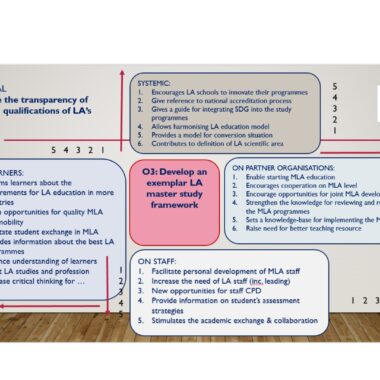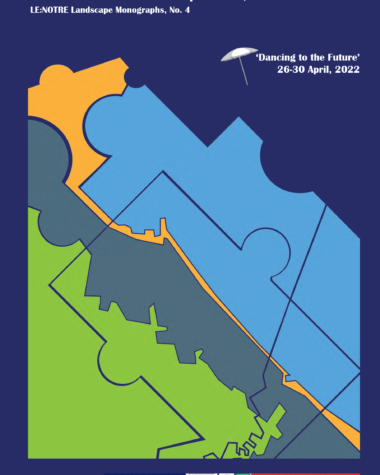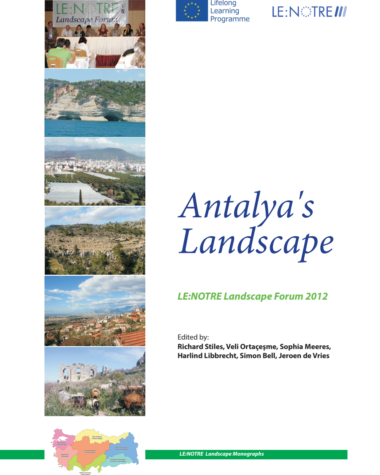The year 2025 marks the 25th anniversary of the European Landscape Convention of the Council of Europe, a perfect occasion to highlight the importance of landscapes in our quality of life, our environment, and our shared heritage.
The Convention, ratified by 41 member States to date, aims to protect, manage, and plan landscapes across entire territories while promoting public awareness and participation: https://www.coe.int/en/web/landscape.
Since its inception, the Landscape Convention has emphasised the importance of establishing procedures for public participation in landscape evaluation, assessment, and development. It also advocates for the creation of landscape quality objectives through participatory processes.
A significant transition occurred in 2024 during the Council of Europe Summit in Reykjavík. At this summit, the responsibility for the Landscape Convention was transferred from the Directorate-General for Democracy and Human Dignity to the Directorate-General for Human Rights and the Rule of Law. This change underscores the recognition of landscapes as a core dimension of human rights.
As a part of the LE:NOTRE Landscape Forum 2025 in Budapest, Marta Rodrigues, Chair of the Council of Europe Landscape Convention, presented the development of the implementation of the Convention. The Forum participants discussed the most relevant values, how to make the Convention more impactful, and how it related to their daily and national contexts.
On the 28th of October, a Ministerial Conference marking the 25ᵀᴴ anniversary of the council of Europe Landscape Convention was held in Florence, which resulted in a declaration for further implementing the convention.
Together with a group of international organisations for landscape architecture, the European Council of Landscape Architecture Schools, IALA, and IFLA Europe, the LE:NOTRE Institute formed The European Landscape Consortium. This Partnership of Leading European Specialist Landscape Organisations promotes an active participation and development of policies that support the goals of the Convention.
The Universitat Politècnica de València (Spain) organised on October 17 and 18, 2025 an international symposium ’25 YEARS OF THE COUNCIL OF EUROPE LANDSCAPE CONVENTION: Lessons and Challenges in Governance, Planning, Risk Management and Landscape Studies’.
In this context, the symposium incorporated four topics to structure the debate. Firstly, Landscape Planning and the improvement of its linkages to other territorial, urban, and sectoral planning tools. Secondly, Landscape Governance is a framework for the sustainable integration of social and economic demands and expectations. Thirdly, Landscape Risk Management as a response to the vulnerabilities derived from the intense occupation of the territory and environmental risks, of which the recent DANA (heavy storms and floods) in Valencia is a paradigmatic example of international interest. Finally, a fourth topic focused on the contents and methods of Landscape Studies, as these studies constitute the basic documents to be able to operate satisfactorily in the three previous topics.
For further information on this seminar, follow this link.





